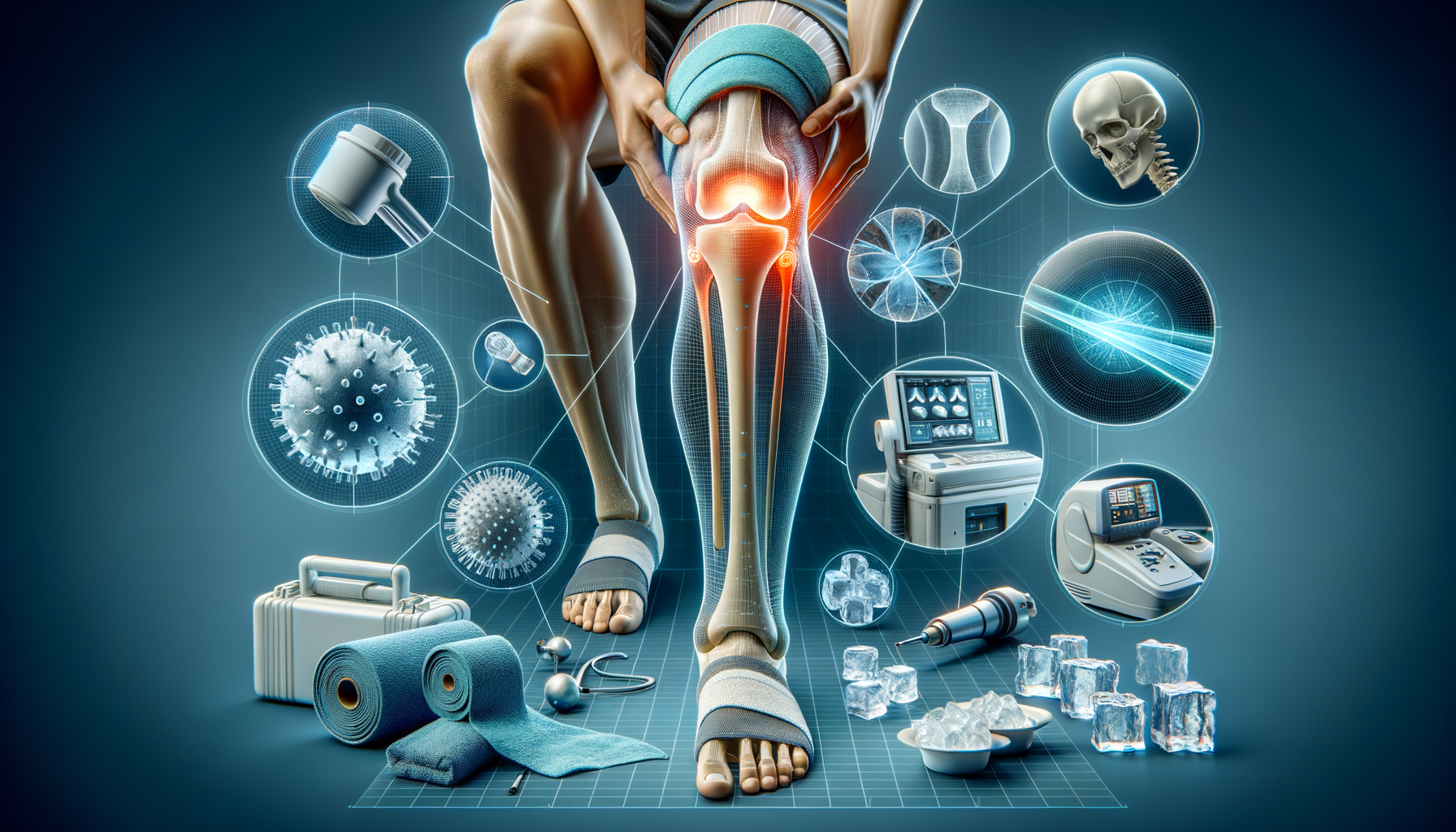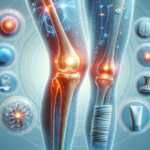Understanding Knee Pain and Its Causes
Knee pain is a common ailment that affects millions of individuals across the USA, impacting their daily activities and quality of life. Understanding the root causes of knee pain is crucial in identifying effective treatment options. The knee joint is a complex structure composed of bones, cartilage, ligaments, and tendons, all of which can be sources of pain. Common causes of knee pain include osteoarthritis, rheumatoid arthritis, tendonitis, bursitis, and injuries such as ligament tears or fractures.
Osteoarthritis, a degenerative joint disease, is among the most prevalent causes, often linked to aging and wear and tear of the cartilage. Rheumatoid arthritis, an autoimmune condition, leads to inflammation of the joint lining, causing pain and swelling. Injuries, whether from sports, accidents, or overuse, can also result in acute or chronic knee pain.
Recognizing the specific cause of knee pain is vital for tailoring treatment approaches. While conventional treatments like medication and surgery are available, many individuals seek complementary methods to alleviate discomfort. Exploring these natural alternatives can provide additional support and potentially enhance overall well-being.
Natural Remedies and Lifestyle Adjustments
For those looking to manage knee pain naturally, several remedies and lifestyle adjustments can offer relief. Incorporating certain dietary changes, exercises, and holistic therapies can complement traditional treatments. A balanced diet rich in anti-inflammatory foods such as omega-3 fatty acids, found in fish and flaxseeds, and antioxidants, present in fruits and vegetables, can help reduce inflammation and support joint health.
Regular physical activity, tailored to the individual’s condition, can strengthen the muscles around the knee, improve flexibility, and reduce stiffness. Low-impact exercises like swimming, cycling, and yoga are particularly beneficial for maintaining mobility without putting excessive strain on the joints. Additionally, weight management plays a crucial role, as excess weight can increase pressure on the knees, exacerbating pain.
Holistic therapies, including acupuncture, massage, and chiropractic care, have gained popularity for their potential to alleviate pain and promote relaxation. These therapies focus on enhancing the body’s natural healing processes and can be integrated into a comprehensive pain management plan.
Considering Alternative Treatments and Therapies
In addition to lifestyle changes, exploring alternative treatments can provide further options for knee pain relief. Herbal supplements, such as turmeric and ginger, are renowned for their anti-inflammatory properties and can be used as part of a natural pain management strategy. Always consult with a healthcare professional before starting any new supplement to ensure safety and efficacy.
Physical therapy is another valuable option, offering personalized exercises and techniques to improve joint function and reduce pain. Therapists can guide patients through specific movements designed to strengthen the knee and surrounding muscles, enhancing stability and preventing future injuries.
Moreover, mind-body practices like meditation and mindfulness can be effective in managing pain perception and reducing stress, which often exacerbates chronic pain conditions. These practices encourage relaxation and can lead to a more positive outlook on pain management.
By combining conventional treatments with natural and alternative therapies, individuals can create a holistic approach to knee pain management, potentially leading to improved outcomes and a better quality of life.








